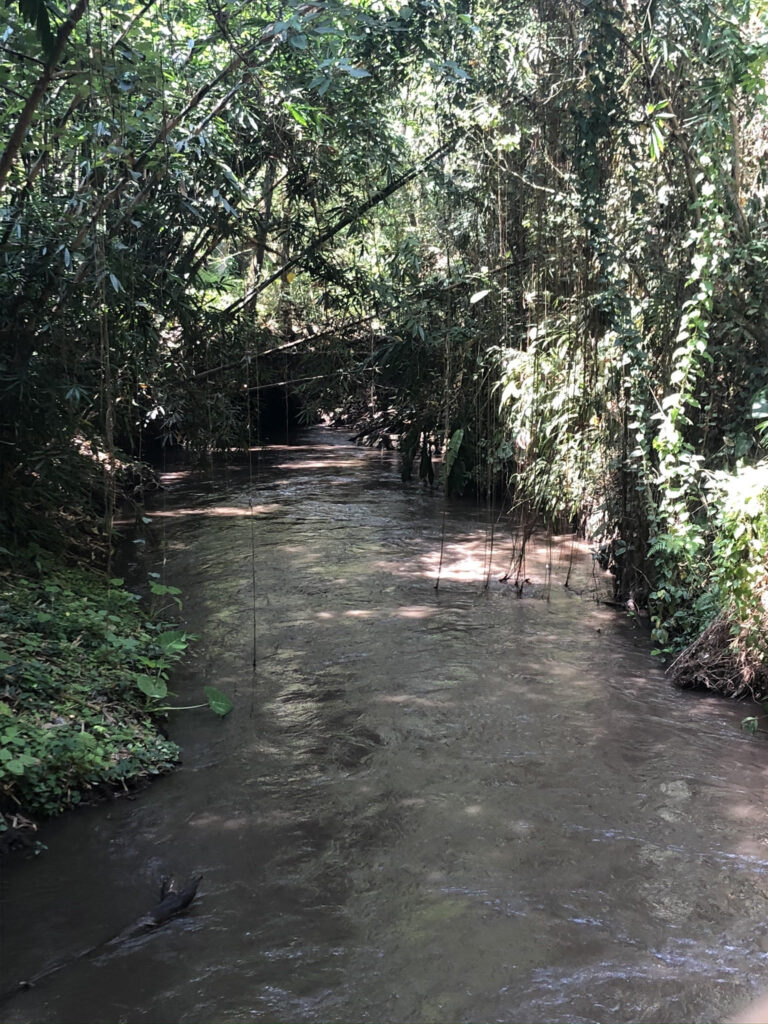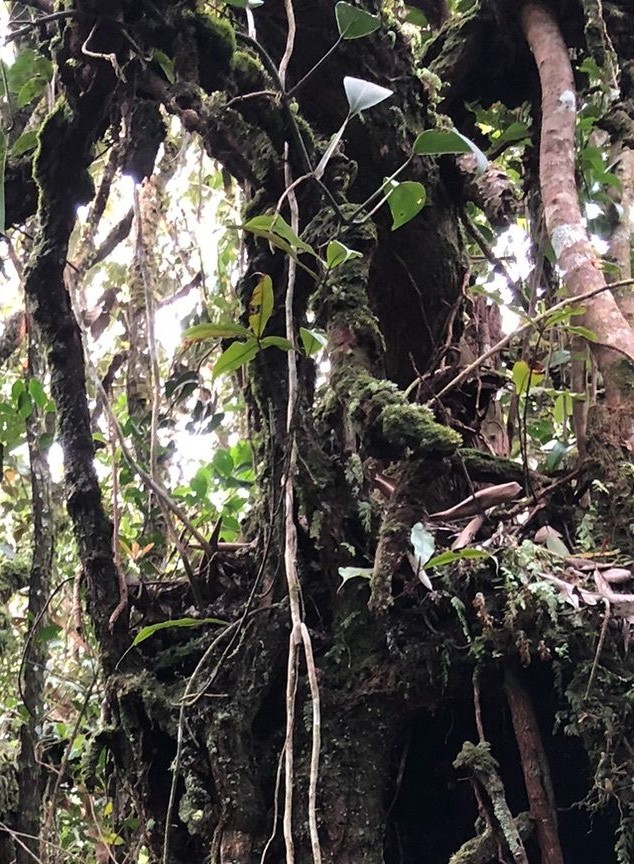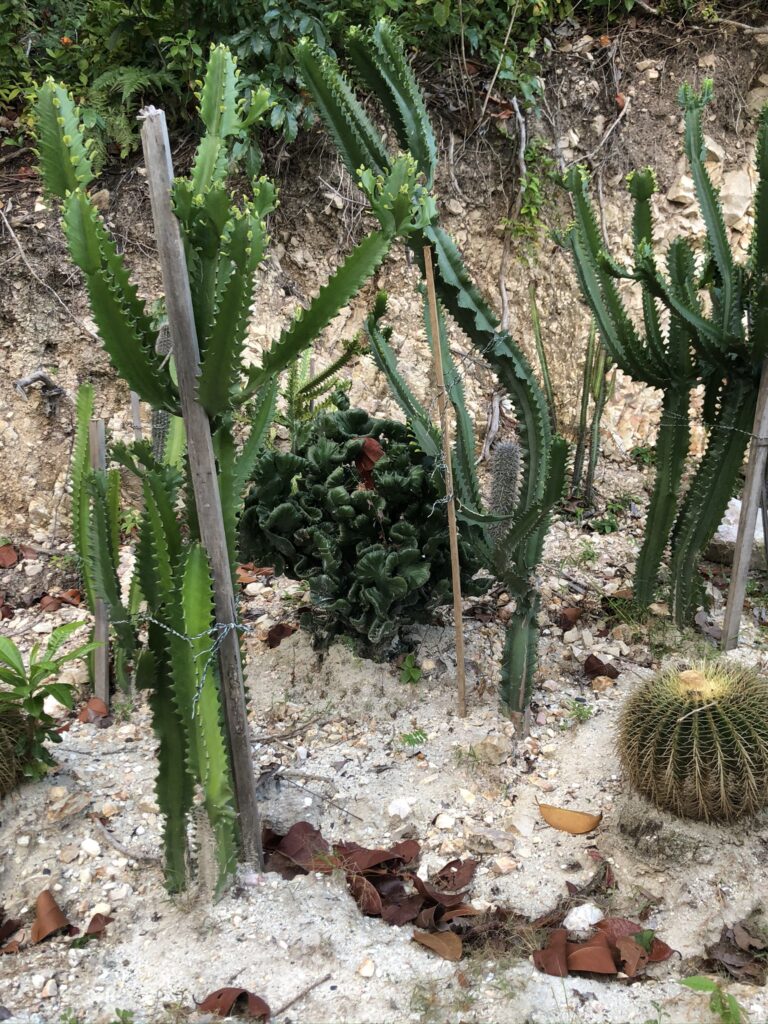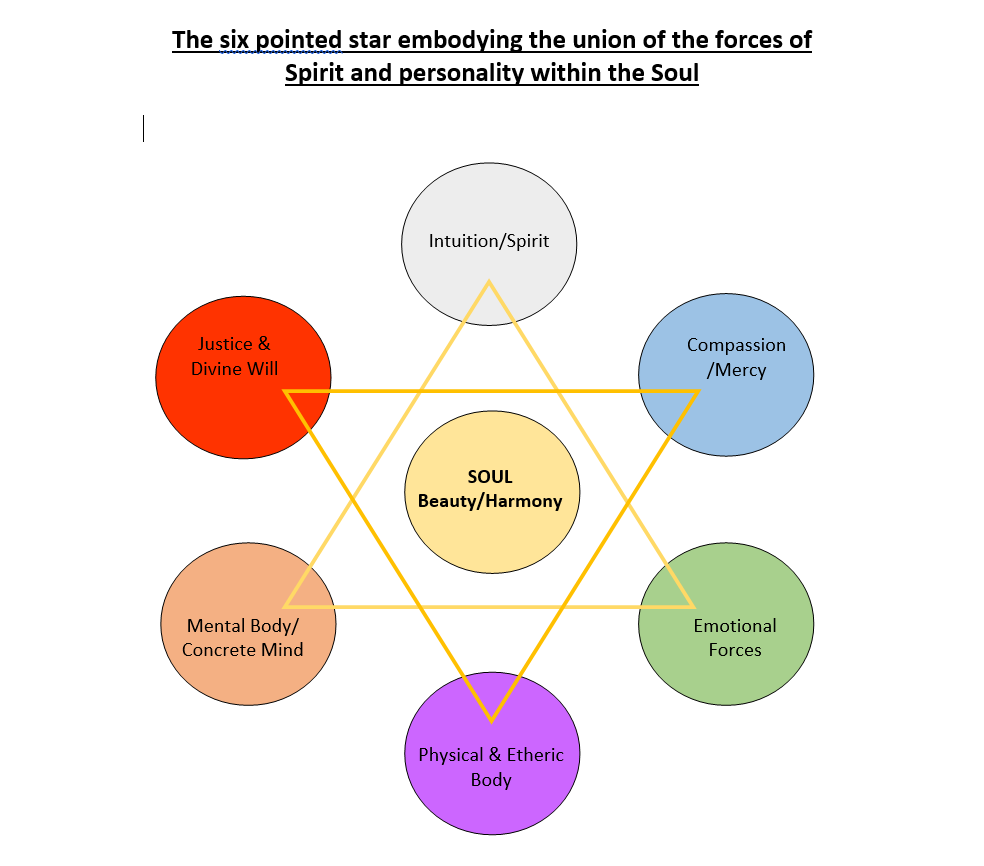“Confidence comes not from being ‘in control’ of everything, but from knowing that, whatever way things work out today, I can come up with a way of liking it, using it, & deriving some form of fulfilment from it”
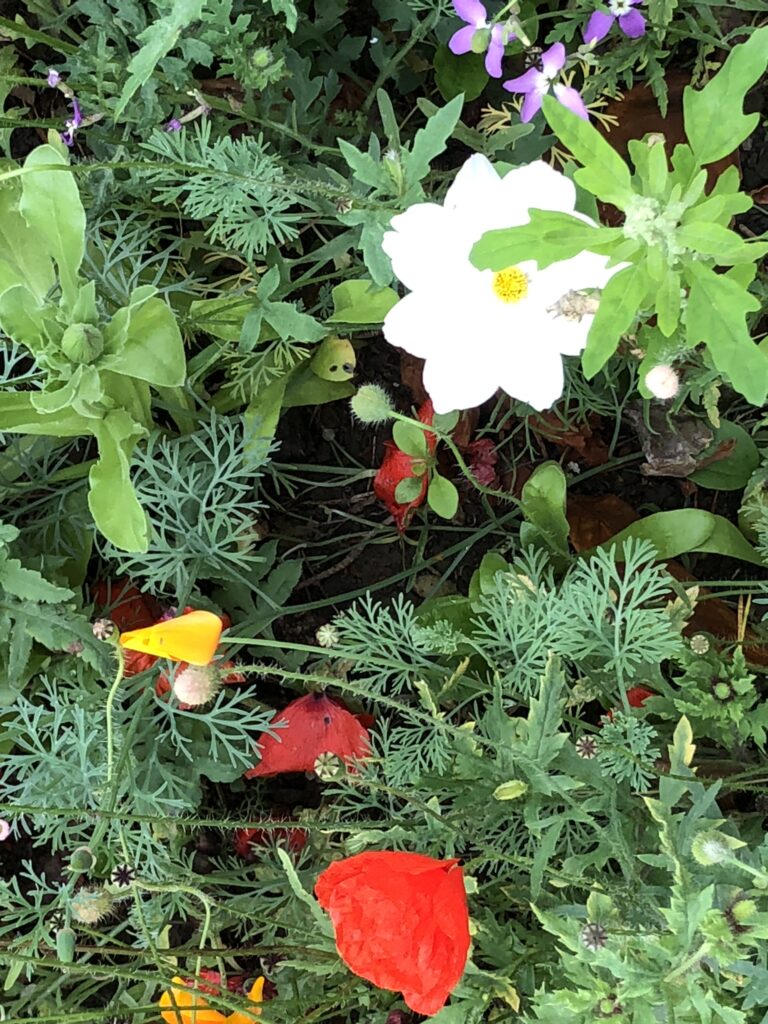
Dear Toby,
This week’s article continues the theme of ‘making things workable’ from last weeks article on Effortless effort. Meditation, regardless of the type is always primarily about inner transformation which, if done well effects a transformation of our outer experience.
This week’s Tuesday & Wednesday meditation continues our journey into Therapeutic mindfulness, and last call for this weekend’s Shamanic meditation workshop retreat on Saturday & Sunday morning.
In the spirit of
Toby
Wanting what you like, or liking what happens?
A couple of quotes to start this article and get the ball rolling:
“It is essential to understand that daily meditation will not ‘solve’ our problems. Anyone claiming to teach or sell methods that solve our problems is either misled or willfully deceptive. What happens is always and only our own inner transformation. After such transformation many problems will fade or seem irrelevant. However, deeply intractable problems and complex situations often require long-term work. One of the most curious and paradoxical effects of dedicated spiritual discipline is that some situations, previously insolvable, will evaporate.” – RJ Stewart, from the Sphere of Art Vol III
“The day you decide not to ask for things you like but rather to like things that happen, that day you become mature.” – Osho
Liberation is not freedom from problems
Meditation and mindfulness can free you from your own inner turmoil, but that doesn’t mean that your external life will get better in the sense of getting what you want all the time, or being free from inconvenience. What is does mean is that our inner self is transformed and changed, so that we experience our outer challenges and difficulties differently. They become more acceptable and workable with. We don’t need to fight with what ‘is’ so much.
Problems or situations?
A lot of the things that we have labelled ‘problems’ in our life are more like ‘situations’. A problem is something that by definition has a solution. A situation is more a set of circumstances that we find ourself in. There may be no apparent solution to the situation, or the solution would cost more than it would be worth to ‘solve’ the problem. In this case it is more like we have to simply accept and work with what is. If we can harmonize our relationship to what ‘is’ today, meaning our situations, then chances are we will find ways to enjoy it and derive some value from it.
Confidence from liking what is
If we can get good at liking what we find and working with it, then we start to become confident in life. This confidence comes not from being ‘in control’ of everything. Rather it comes from knowing that, whatever way things work out today, I can come up with a way of using it, of deriving some form of fulfilment from it.
Preferences not attachments
None of this means that you don’t have goals and preferences in your life, or that you aren’t working actively and intelligently towards them. But what it does mean is that, as you are experiencing the twists and turns of your journey, you are liberated to enter fully into this moment and live it with freedom. Even if what is it is not what you ‘want’, you can make it something that you feel alive and vivid in the presence of.
Different meditation techniques from the great traditions, from the Shamanic journeying methods that I’ll be leading a retreat around this weekend, to the more ‘Zen’ methods of effortless effort are all methods of inner transformation. If we go into them thinking that it is going to be a ‘wish fulfilment’ exercise, we are likely to be disappointed, certainly in the medium to long term. But if we enter them with the intention to really work on our inner transformation, then we find that our world really can change radically for the better.
Related articles: Effortless effort – Making everything workable
Solve no problem (& leave no problem unsolved)
Article content © Toby Ouvry & Integral Meditation Asia 2023. you are welcome to share, but please cite the source, thanks! Contact info@tobyouvry.com
In case you missed last weeks article: Effortless effort – Making everything workable
When Chogyam Trungpa, the famous Tibetan Buddhist Master was asked “What is Dharma?” (Dharma means the teachings of the Buddha), he replied “Dharma means that everything is workable.”
The other day I was texting a friend I hadn’t seen in a while. He asked “How is everything?” to which I replied “With acceptance, everything is workable.” This made me recall the Trungpa quote, then leading to a few thoughts about the principle of ‘Effortless effort’.
You might think about Effortless effort as a way of accepting and working with the reality that you are presented with. It is a ‘state’ of being that then leads into…read full article
Integral Meditation Asia
Online Courses * 1:1 Coaching * Books * Live Workshops * Corporate Mindfulness Training *Life-Coaching * Meditation Technology
